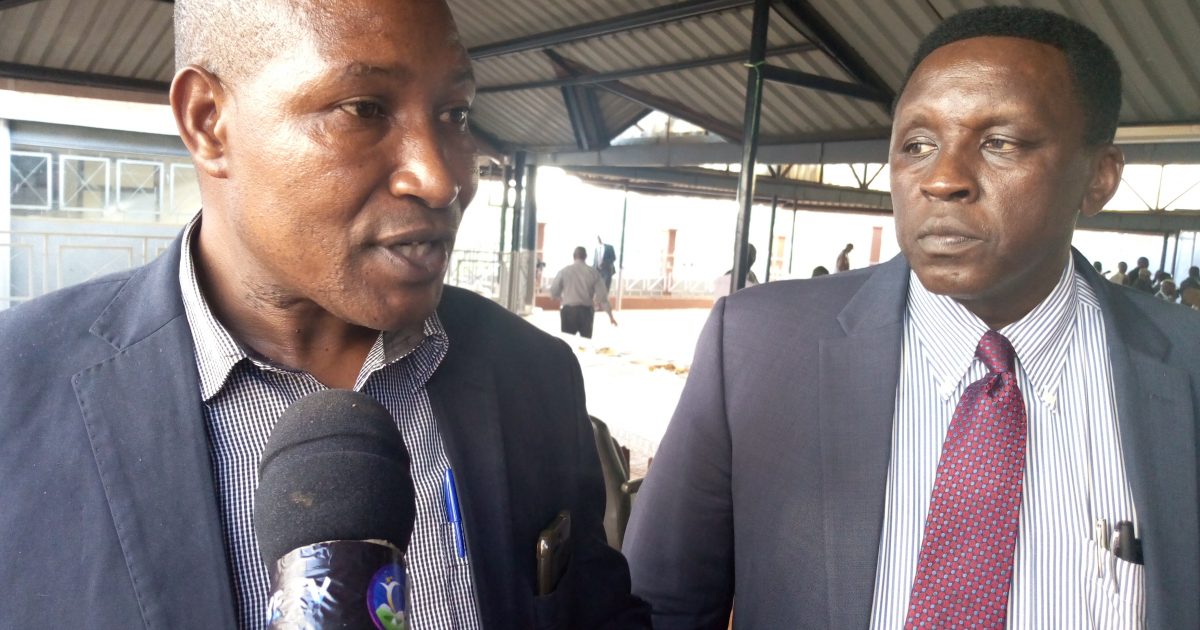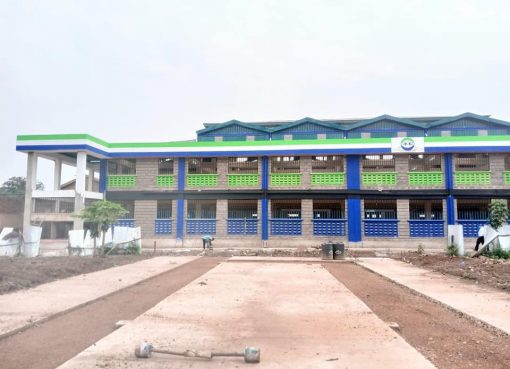
Coffee was the chief cash crop in the Mt. Kenya region way back in the 1980s and beyond. Most elites from the region can associate their education with proceeds from the crop and cooperative societies managed to purchase huge tracks of land in the ‘white highlands’ which they sub-divided to their members. The crop was then managed by the Kenya Planters Cooperative Union (KPCU) whose main deports were at Sagana and Nairobi.
The crops revenue hit the skies in 1976 when bacterial blight (coffee disease) had destroyed coffee yields in Brazil which was the world’s leading exporter of coffee by then. In the 1990s the crops returns however took a nosedive and most farmers abandoned its cultivation to other crops especially tea that was picking up. Others turned to horticulture.
Besides poor management by KPCU, coffee prices was also negatively affected by failure by the cooperative societies to process beyond the parchment. Coffee berries are called parchment after the skin is removed. After the parchment is de-husked, it is referred to as clean coffee. Today, farmers or even counties which have opted to add value to the crop are reaping maximum benefits.
Coffee farmers in Tharaka Nithi county have increased optimism in coffee production, processing, value addition and marketing. With new developments, the ailing coffee sector in the county could soon rejuvenate after the President endorsed a policy to consider farmers’ needs.
Farmers in the county grow Arabica coffee variety, which is considered superior to Robusta, commonly grown in Uganda and other neighboring countries. They hope that the current coffee prices will soon improve and hit the prices they last enjoyed in 1980s.
Speaking during Tharaka Nithi County coffee farmers’ stakeholders meeting held at Chuka town last month, the Coffee Sub-Sector Implementation Committee Chairperson, Dr. Joseph Kihea noted that the policy and the plans that they have will benefit local coffee farmers.
Kihea disclosed that the National Government would work with the county governments to ensure that instead of farmers relying on coffee blend in other countries for consumption, they will be having their coffee Millers and roasters blending it in the country.
“Some of the policies that we have is to ensure that we have our own coffee blending companies. This will enable farmers to know when and how much they will earn from their coffee besides early knowledge of any changes in expectations,” said Kihea.
He further revealed that the government has allocated Sh. 3billion to establish Coffee Cherry Revolving Fund in the state department of cooperatives budget in 2019/2020 financial year which will enable timely and advance payment directly to coffee farmers.
Kihea cautioned farmers who are uprooting their coffee saying that there will be increment of the coffee prices by the end of two years.
“Let’s be patient with the government as it implements the policy which will benefit farmers in all the counties after which it will bring change to the coffee market in Kenya,” said Committee chair.
The Tharaka Nithi County Executive Committee (CEC) member for Agriculture, Co-operatives and Livestock, Njue Njagi disclosed that the county government is working so hard to ensure that the coffee market recovers from its ailing state.
He noted that in order to be in tandem with the goals of the national government, the county government will work committedly to ensure that they have good leadership from the farmers at the grassroots level.
“Farmers have to come together and elect responsible leaders who will be presenting their issues to the county government which will in turn enable easy communication all the way to the national government,” said the CEC.
He added that with a coffee miller and roaster which at Giampampo in Maara Sub-county, the farmers will know what they would earn as they will observe the final product to the market.
Njue further revealed that the county will get a license to sell the processed coffee from the miller and also look for international coffee buyers for the benefit of farmers and the county in general.
Once the county facilitates coffee farmers in milling the cash crop, the prices will certainly increase. And if the county as revealed by Njue further enables the farmers to be involved in the entire coffee value chain as opposed to only the production phase as is the case today, no doubt coffee farmers will be smiling all the way to the bank.
By David Mutwiri




